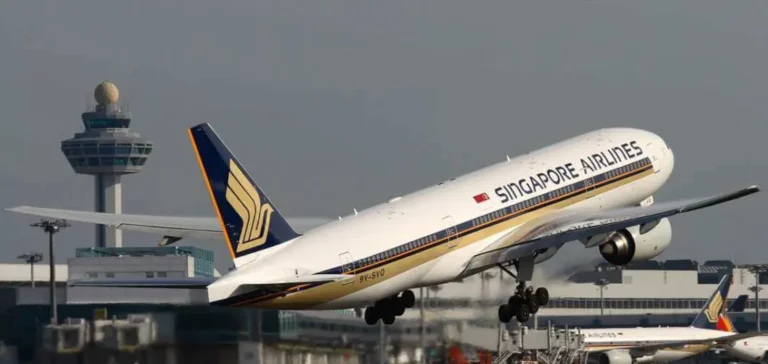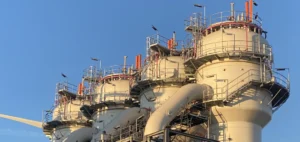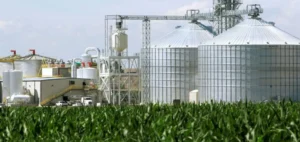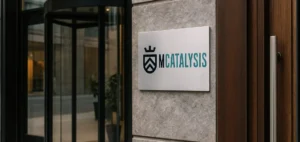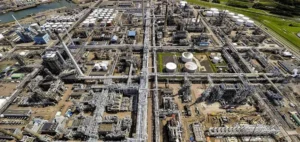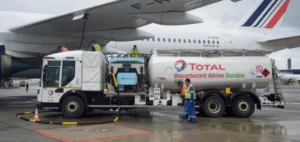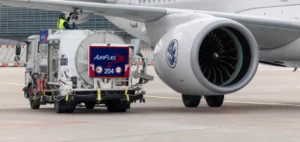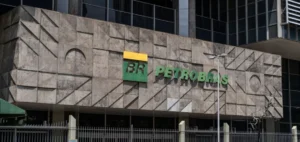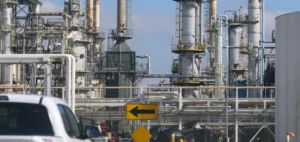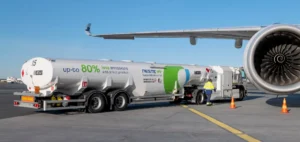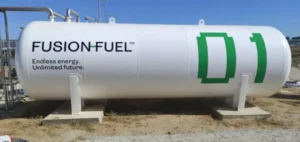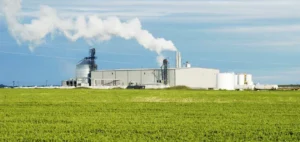Singapore has confirmed the introduction of a fixed levy on airline tickets to finance centralized procurement of Sustainable Aviation Fuel (SAF) from 2026 to 2028. This announcement comes amid increasing instability in SAF prices, presenting a growing challenge for airlines facing significant variations in costs associated with this alternative fuel. The levy, integrated directly into ticket prices, will remain constant even if global SAF prices experience significant increases or decreases. Revenues collected through this levy will be exclusively allocated to SAF purchases, centrally managed by the Civil Aviation Authority of Singapore (CAAS).
Differentiated Pricing by Route and Travel Class
The CAAS specified that the levy amount will depend directly on the distance traveled and the travel class selected by passengers. Initial estimates indicate that an economy class passenger will pay approximately SGD 3 (USD 2.36) for a flight to Bangkok, SGD 6 for Tokyo, and up to SGD 16 for London. Premium-class passengers will incur higher charges, reflecting typical airline pricing differences for premium services. This fixed model provides clear pricing visibility for both passengers and airlines.
A Flexible Target Amid Market Variability
Singapore’s chosen model significantly differs from the strict blending mandates (hard blending mandates) observed in Europe or the United States. It relies on a “moving target” principle, where the actual percentage of SAF procured can vary based on real market prices. Practically, if SAF prices fall below initial projections, the quantity purchased will increase, and vice versa. However, the levy paid by passengers remains unchanged regardless of price developments, ensuring financial stability for airlines and travelers.
Regional Development and International Collaborations
Beyond implementing this levy, Singapore aims to expand its regional SAF supply capabilities. The country is actively participating in studies on SAF feedstocks, in collaboration notably with Boeing and the Roundtable on Sustainable Biomaterials (RSB). These initiatives aim to identify viable production sources in the region, adhering to sustainability criteria under the Carbon Offsetting and Reduction Scheme for International Aviation (CORSIA). Discussions are also underway with producers of feedstocks, particularly from palm oil and industrial waste sectors.
The Singaporean government has also established several international partnerships in sustainable aviation with the United States, Australia, Japan, and the United Kingdom. At the regional level, Singapore initiated the ASEAN Sustainable Aviation Action Plan (ASAAP), intended to guide Southeast Asia’s efforts in air traffic modernization and decarbonization. Additionally, a budget of SGD 50 million has been allocated by the government for aviation technological innovation projects under the Aviation Sustainability Programme (ASP). Furthermore, the establishment of the International Centre for Aviation Innovation (ICAI) aims to strengthen regional research and public policies around alternative fuels and sustainable practices.
Singapore has also reinforced its local SAF production capacities. The company Neste recently increased its annual production capacity in Singapore to 1.25 billion liters, positioning the city-state as one of the leading global centers for SAF production. Nevertheless, this volume remains significantly below the estimated global demand, projected by the International Air Transport Association (IATA) at 450 billion liters per year by 2050.


